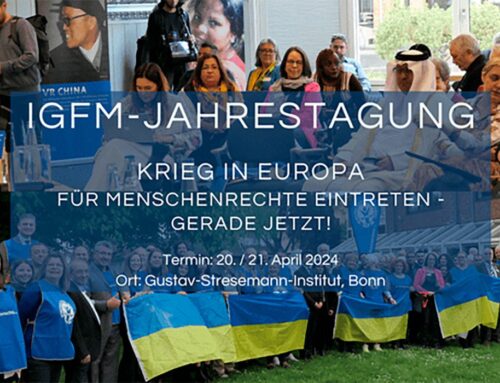Monitoring of trial of A. Melnik, A. Kryzhanovsky, I. Pasichny, I. Kunik (court hearings 23-26.03.18)

Two preliminatory court sessions in the case of the head of the “Vizit” TV company Alexander Melnik, who is one of four defendants (together with A. Kryzhanovsky, I. Pasichny, I. Kunik) in the murder case of the mayor Kremenchuk A. Babayev and the judge of the Kremenchuk court A. Lobodenko had to take place on March, 23 and 26 in the Poltava district court.
On March, 23 court session has been cancelled due to illness of one of the attorneys. As in the previous time, other lawyers haven’t been notified of the judgment about postponing of the hearing though the absence in the courtroom of defendants indicates that this decision has been made in advance and in time to inform the employees of the pre-trial detention center. It is worth explaining that the decision to change the date of the court session (including such reasons as illness of one of the participants of litigation) has to be ruled by court, and lawyers, even knowing about the illness of their colleague, couldn’t simply not come to court in the appointed time. Once again we are witnessing a selective notification of participants of the trial of cancellation of court sessions. Representatives of the International Society for Human Rights also did not see the prosecutors in the court that day.
On March 26, a meeting has begun with a 45 minutes delay, because one of the judges was in the consultative room. It is not the first case of a meeting delay in this trial. Defendants even asked to give them time for lunch because the hearing is postponed.
During the hearing the court continued to form jury. Six candidates for jury, two of whom already participated in selection last time, have been presented. Jurors have confirmed an ability to be present at each meeting, however, it should be noted that in the last board (which hasn’t begun to work) all jurors also reported about readiness to attend each meeting and about the lack of circumstances which could interfere with their participation in hearings of the case. But of two main and three substitute jurors, only one person remained.
Attorneys still insist on existence of intervention in the automated system that selects jurors, but there is no answer to their motion yet.
Also attorneys and defendants have doubts concerning impartiality of some jurors, because one of them is the former chief of police. It should be noted that the European Court of Human Rights (ECtHR) doesn’t consider participation of police officers in court as jurors as a violation of the right to a fair trial (case of “Peter Armstrong v. the United Kingdom”). However, it is important in that case to insure that there is no relations between the police officer – the member of the court of jurors and police officers who are involved in this trial (as investigators, witnesses, etc.). Existence of such relations, familiarity with case files, etc. can call into question impartiality of court and violate Paragraph 1 of Article 6 of the European convention on protection of Human Rights and fundamental freedoms (cases “Peter Armstrong v. the United Kingdom” and “Hanif and Khan v. the United Kingdom”). For prevention of violation of the rights of defendants, the court should give the defense an opportunity to insure that juror has no connections that might question his impartiality.
The next hearing is appointed for March, 30. Experts of the International Society for Human Rights will continue monitoring of this trial. It is possible to get acquainted with the previous materials here.
Expert council








Leave A Comment